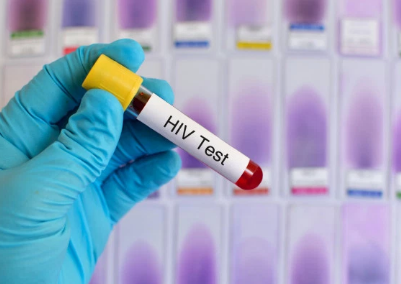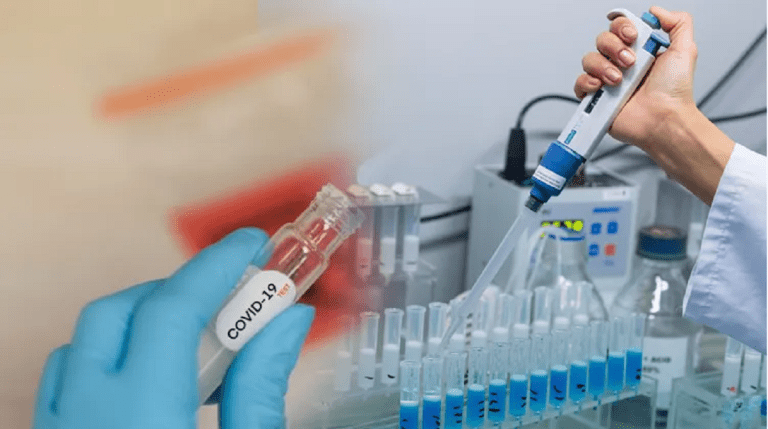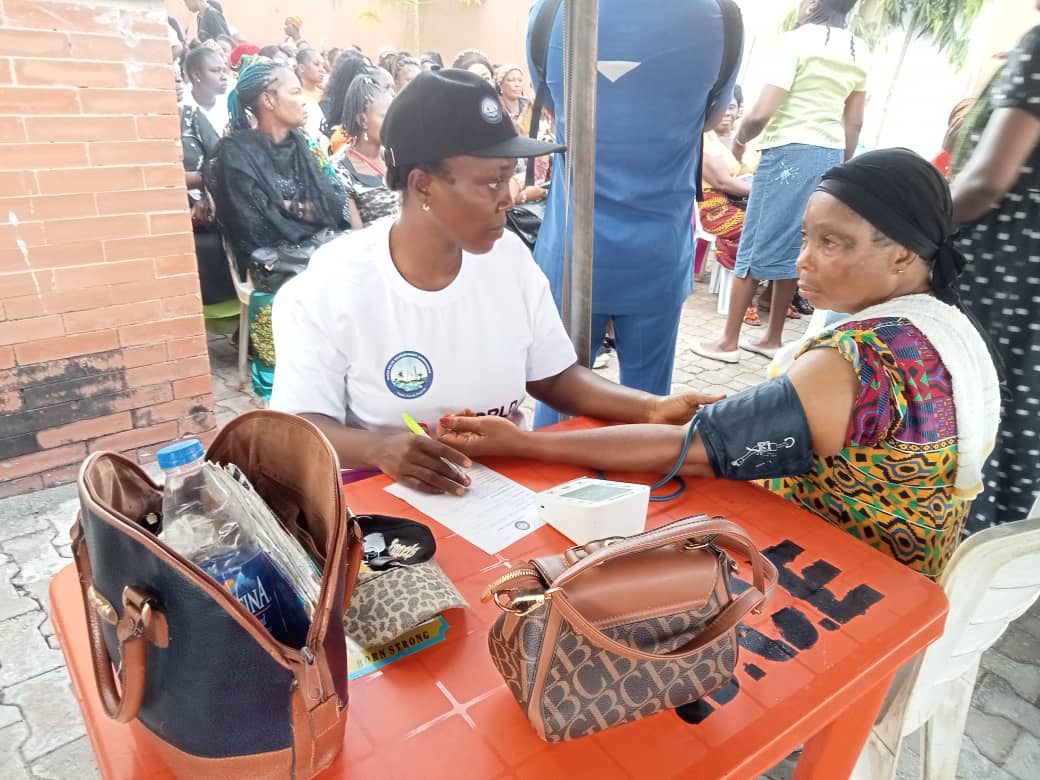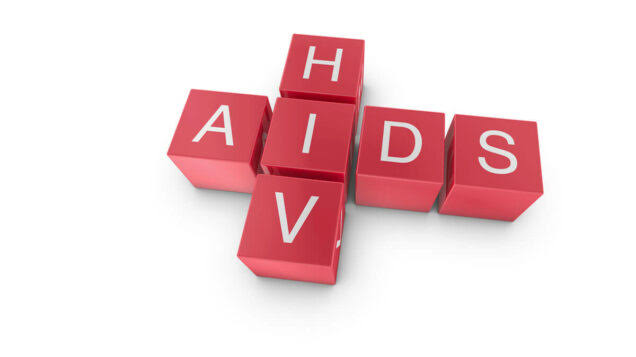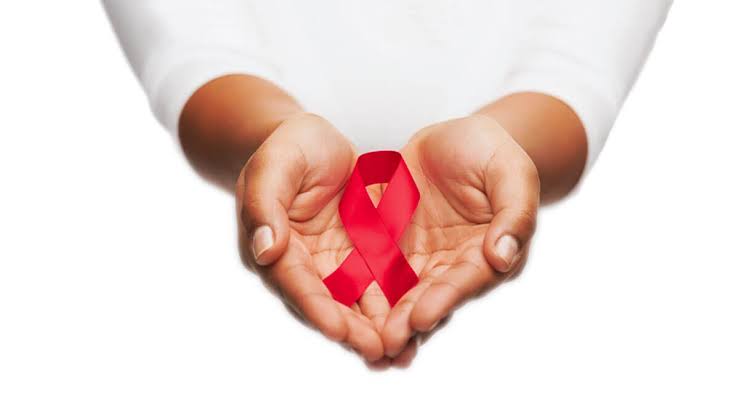Stakeholders on Wednesday urged women living with HIV/AIDS to practice exclusive breastfeeding to boost their babies’ immunity and protect them against diarrhoea and other childhood illnesses.
Helen Aphan, Assistant Secretary, Association of Women Living with HIV/AIDS, made the call while commemorating World Breastfeeding Week in Abuja.
The theme of the breastfeeding week is ‘Closing the Gap: Breastfeeding Support for All’.
Aphan said women from marginalised populations, such as those living with HIV/AIDS, often faced breastfeeding challenges due to concerns about mother-to-child transmission.
However, she revealed that this could be avoided and prevented with exclusive breastfeeding, as the virus is not transmitted through breast milk.
According to her, apart from the health benefits of exclusive breastfeeding for the child, it ensures that babies born to positive mothers live healthy lives with good nutritional outcomes.
“The structurally silent women who are often inadequately enlightened, we gather to reaffirm our commitment to promoting and supporting breastfeeding as the cornerstone of maternal and child health.
“Breastfeeding is exclusive only if you do it exclusively for six months without interference.
“As we observe the 2024 World Breastfeeding Day, we will discuss progress, challenges, and strategy as we ensure that every breastfeeding mother and child receives the support to thrive,” she said.
Beatrice Aluku, a nurse at Karu General Hospital, said that contrary to the belief that the child could be infected with the virus through breastfeeding, breast milk does not contain the HIV virus.
“Babies cannot be infected through exclusive breastfeeding except if there is a wound on the mother’s breast during breastfeeding.
“Women living with HIV/AIDS are not excluded from breastfeeding because it is very important to the mothers in terms of recuperating and returning to their pre-pregnancy state.
“It is important to the child because the child gains every nutrient and immunity needed from the mother.
“I advise HIV-infected mothers not to be scared of feeding your child for up to one year.
“The reason why you don’t breastfeed for more than one year is that at that stage, the baby’s teeth are out, and the baby can bite the mother, suck on the blood, and end up getting infected,” she said.
Also, Dr Temitope Ilori, Director-General, National Agency for the Control of AIDS (NACA), noted the crucial role community-based initiatives play in reaching grassroots women with information on breastfeeding benefits, especially for women living with HIV/AIDS.
Ilori, represented by Esther Ikomi, Deputy Director, Policy Planning and Coordination, NACA said “Breastfeeding support is essential for all mothers.”
Ojo Victoria, a participant at the event who exclusively breastfed three of her four children, said apart from saving cost, she had discovered that exclusive breastfeeding improved the health and intelligence of her children.
Alhaji Aminu Bako, Traditional Chief of Kuruduma community in the Federal Capital Territory (FCT), reiterated the commitment of traditional leaders to support grassroots initiatives seeking to better the lives of the populace.
HIV/AIDS no longer a public threat – Stakeholders
An NGO, AIDS Healthcare Foundation (AHF), announced on Wednesday that it has provided in-care HIV/AIDS services support to more than 2 million persons living with the virus globally.
Dr Echey Ijezie, Nigeria’s Country Director, made this known at an event in Abuja to mark the milestone recorded in 47 countries since its more than 20 years of operation.
“We are immensely proud to reach this historic milestone when our global programmes launched 20 years ago in South Africa and Uganda with 100 patients in each.
“We never imagined we would be serving 2 million lives under our care around the world.
“At the time we started, it cost 5,000 dollars per patient annually for ARVs. Today, more than half of AHF’s 2 million lives receiving care are in Africa.
“The combination of medicine and advocacy, implementing prevention, care, and treatment programmes, and the support of government and other international donors have allowed us to reach this momentous achievement collectively.
“In Nigeria, we started with a zero patient base in 2011, but today, we have 29,000 in care under the Nigeria programme.
“Many of them in very remote locations in Abuja, Anambra, Akwa Ibom, Benue, Cross River, Kogi, and Nasarawa states,” he said.
He added that AHF continued to leverage innovative healthcare delivery models to expand its reach and impact, especially in communities, by providing comprehensive medical care, treatment, testing, prevention, and support services.
Ijezie reiterated the commitment of AHF to advocate for access to HIV treatment and care for everyone who needed it by supporting the government in HIV/AIDS intervention and response.
Dr Chukwuma Anyaike, Director of the Public Health Department, Federal Ministry of Health and Social Welfare, while commending AHF, reiterated the government’s commitment towards improving health outcomes and unlocking the health sector value chain.
“We are excited to be working with AHF; one thing stands out – their robustness in getting to the hard-to-reach areas to support those living with the virus.
“We are excited about their intervention that has brought succour and hope for not just the people living with the virus, but other people as well,” he said.
Abdulkadir Ibrahim, National Coordinator, Network of People Living with HIV/AIDS in Nigeria (NEPWHAN), said the more than 2 million persons in care treatment showed AHF’s commitment to ending the virus globally.
“Putting 2 million lives on treatment shows that we are moving towards ending AIDS in Nigeria and globally.
“Scientifically, we know that treatment is working and serves as a means of prevention.
“By this, it shows that AIDS is no longer a public threat, as people are living and accessing treatment and living a healthy life.”
Oluwafunke Odunkade, Technical Officer, HIV, Viral Hepatitis, and STI, WHO-Nigeria, stressed the need to continue to ensure that all the people brought into care have optimum access to healthcare services.
“While we celebrate, we must be reminded that this is not the end. We still have the last hurdle to cross, and we can only achieve that by collaboratively rethinking our strategies.
“We are ensuring that HIV is fully mainstreamed into the health systems and not standing alone, and also ensuring that all the people that we brought into care have the optimum level of care.
“It is not just for us to have the numbers, but it’s important that they have optimum care,” she said.
